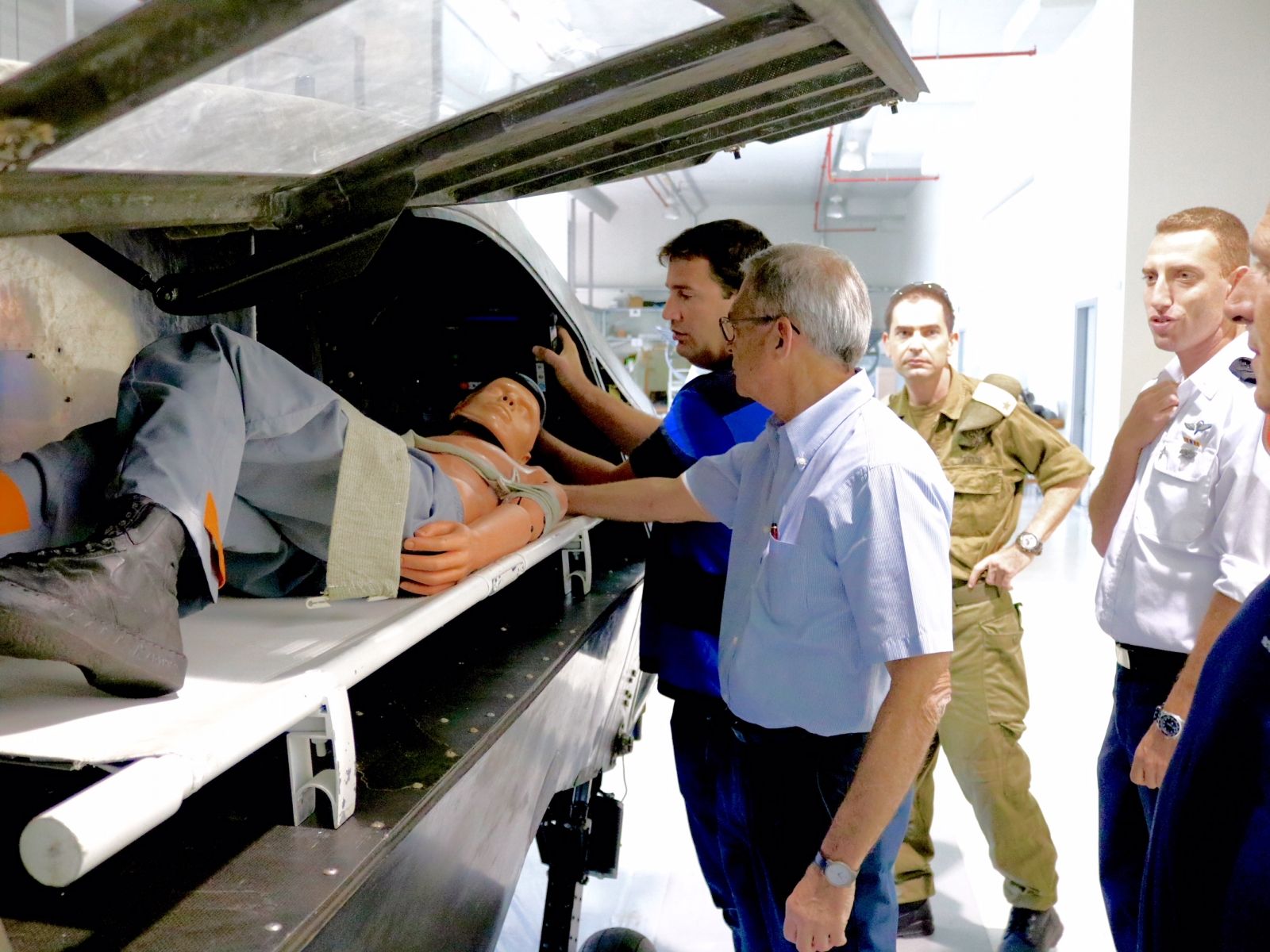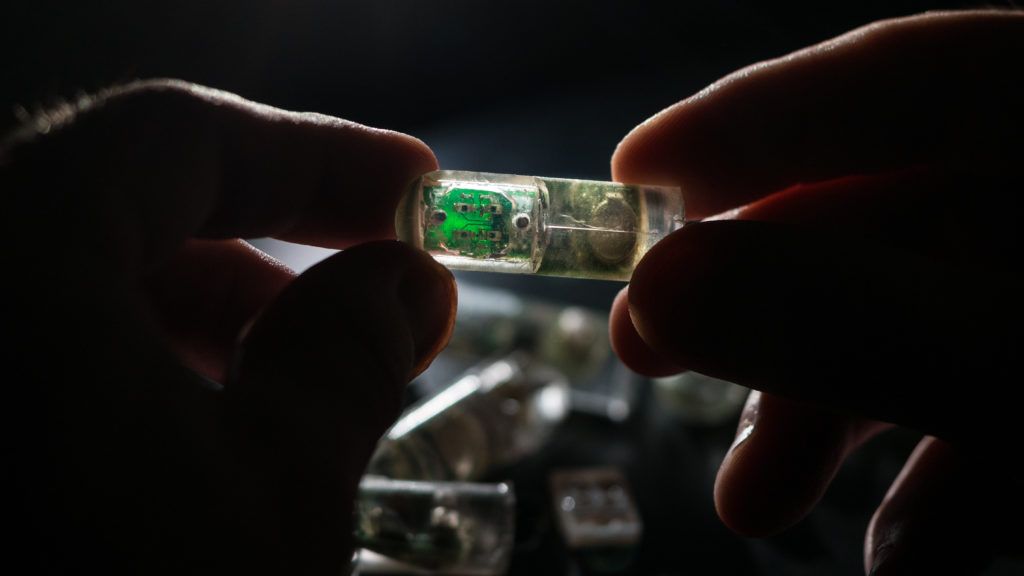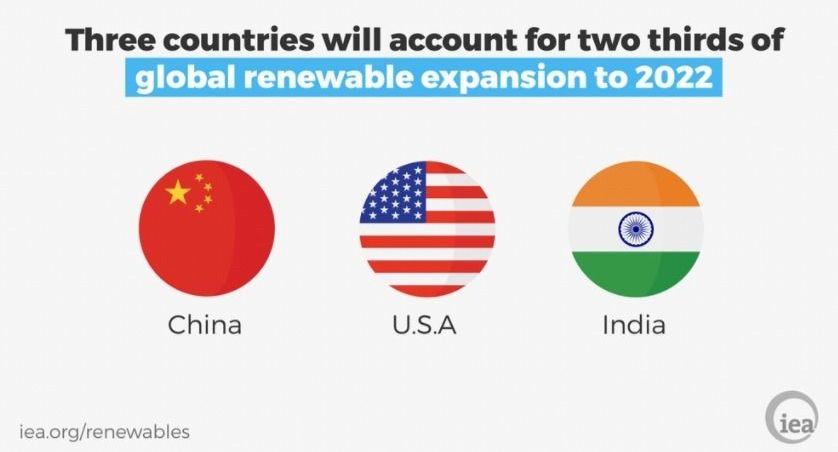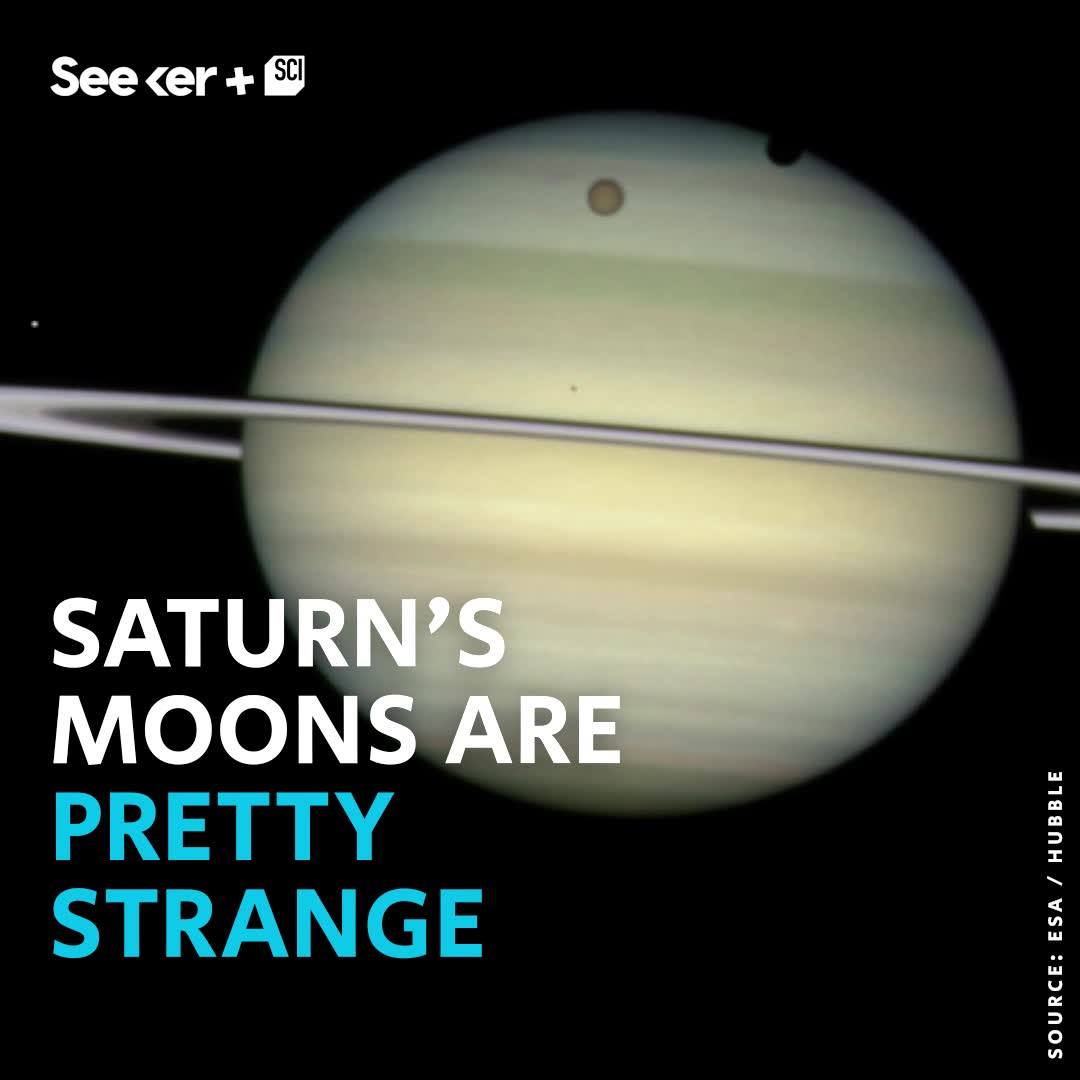A lot can happen in a second; you could meet a stranger, snap your fingers, fall in love, fall asleep, sneeze. But what is a second, really — and is it as precise as we think it is?
Right now, the most-precise clocks used to tell global time have an error of about 1 second every 300 million years — so a clock that started ticking in the time of the dinosaurs wouldn’t be off by even a second today. But scientists think we can do better. [The 18 Biggest Unsolved Mysteries in Physics]
So, they are looking to lutetium, a neglected rare-earth element that has been gathering dust at the bottom of the periodic table, according to a new study published April 25 in the journal Nature Communications.









